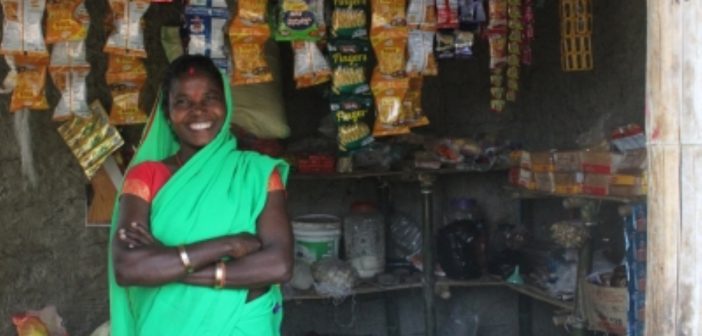The Pradhan Mantri MUDRA Yojana (PMMY) is fostering a transformative ecosystem of empowered and economically active women in India, according to experts. The government-backed initiative, launched in 2015, is enabling women-led growth by providing collateral-free credit to micro and nano enterprises, reshaping the socio-economic landscape of the country.
Aditya Sinha, Officer on Special Duty (OSD) for Research at the Economic Advisory Council to the Prime Minister, highlighted the program’s impact in a recent media report. “More than a financing scheme, PMMY reconfigures the social contract between the state and the citizen by recognizing the poor, especially women, as latent entrepreneurs rather than passive welfare subjects,” Sinha stated.
Historically, institutional, cultural, and informational barriers have hindered the long-term growth of women-led enterprises. However, PMMY addresses these challenges by eliminating the need for collateral, reducing transaction costs, and decentralizing credit access through non-banking financial institutions and microfinance intermediaries.
The program has enabled women to transition from unpaid household labor or seasonal wage work to becoming active entrepreneurs. Women are now establishing microenterprises such as tailoring units, beauty salons, food stalls, agri-processing ventures, and retail shops. Sinha described this shift as “deeply social,” emphasizing how it enhances women’s bargaining power within households and their control over resources.
“PMMY does not just create micro-entrepreneurs; it seeds a broader ecosystem of empowered, economically active women whose participation drives inclusive and sustainable development,” Sinha added.
The scheme categorizes loans into three tiers: Shishu (up to $6,000), Kishore ($6,001 to $60,000), and Tarun ($60,001 to $120,000). Data reveals that women account for nearly 68% of all PMMY beneficiaries. Between fiscal years 2016 and 2025, the compound annual growth rate (CAGR) of per-woman loan disbursal under PMMY reached 13%, amounting to $7.5 billion. Simultaneously, incremental savings by women grew at a CAGR of 14%, signaling not only increased credit uptake but also improved financial behavior.
In light of these outcomes, Sinha suggested that PMMY should now focus on enabling the next stage of growth. This includes supporting eligible women borrowers to transition from smaller loans (Shishu/Kishore) to higher-value Tarun loans, thereby encouraging business expansion and formalization. He also recommended tracking gender-disaggregated outcomes through a real-time dashboard and incentivizing states with robust women-led micro, small, and medium enterprise (MSME) ecosystems.
By addressing systemic barriers and fostering an environment of economic empowerment, PMMY is not only transforming individual lives but also contributing to India’s broader goals of inclusive and sustainable development.




